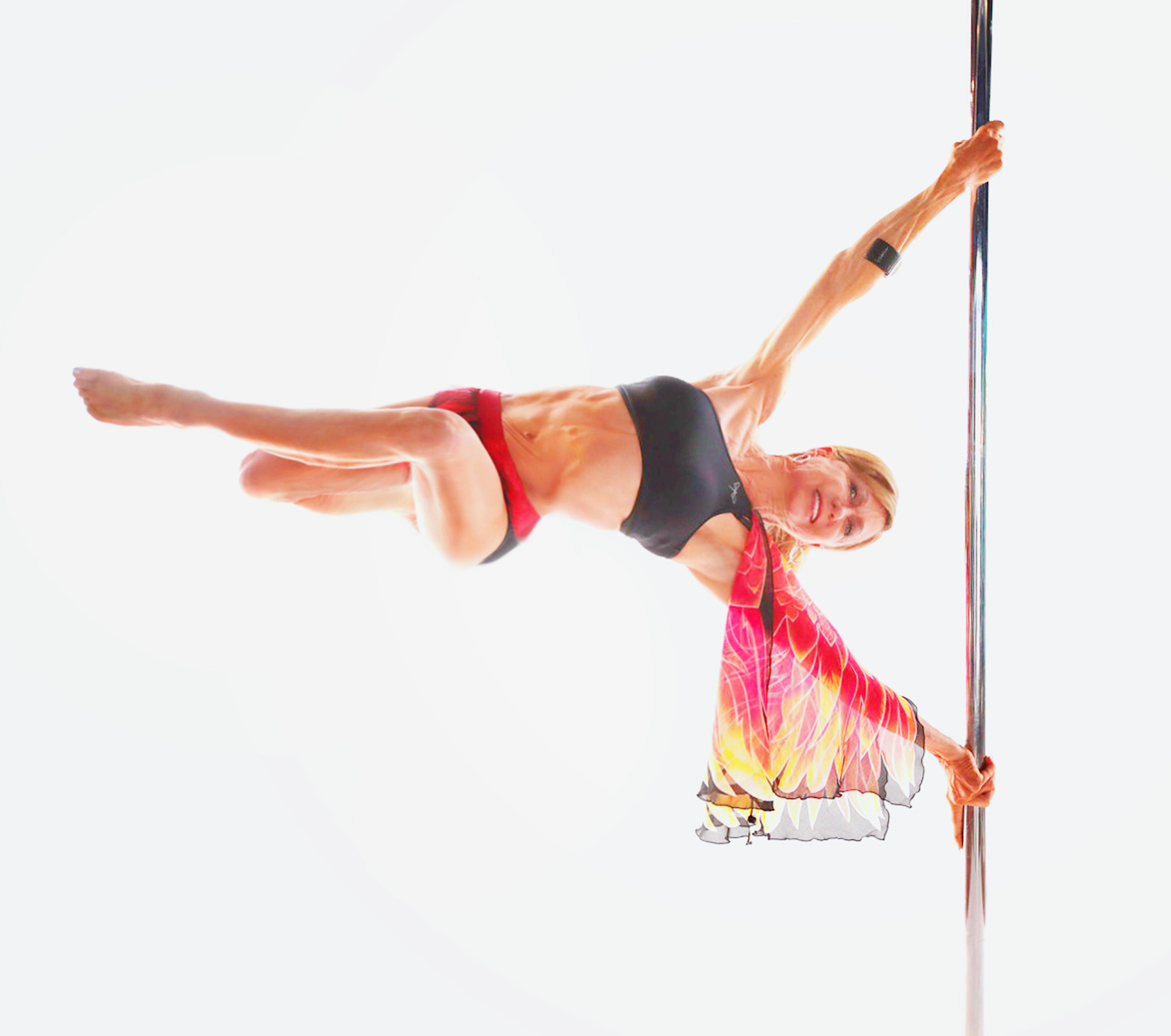
GRETA PONTARELLI
'Pole dancing became my Everest.'

How old are you now? At which age did you start pole dancing?
I am 72 years old and started training on the pole when I was 59. I immediately became hooked on its artistry and its athleticism. When I was 62, some of my videos hit the internet. Soon I got a call from the production crew at American Ninja Warrior who saw them and they invited me to compete on the show. When it aired on television they said that I was the oldest person ever to attempt the course. I was shocked and thought where is everyone else? At that moment, I had an epiphany to use my art form to motivate the lives of others and my mission was born. I knew I had to compete to broaden the visibility of that message.
Why did you choose pole dancing? Were you always naturally flexible?
Prior to pole, my dream was to climb Mount Everest to deliver an inspirational message to humanity. However, my hips started becoming compromised and I was unable to walk very far, so my dream was temporarily put on hold. That is when I began looking for a form of fitness that would allow me to train with my hip issues and had the potential to hopefully inspire others. Very quickly, pole dancing became my Everest.
What were you doing before starting your pole dance journey?
I was born in Pennsylvania and I started training and competing in gymnastics in high school where I won the state championship in Floor Exercise. I also competed and cheered in college. When I got out of college, I taught physical education in an elementary school and performed in a dance and drama company. We created inspiring pieces that were shared in venues on the east coast including the the Washington National Cathedral in D.C. I started training and competing in martial arts in 1973 and continued for the next decade. I moved from Pennsylvania to California in 1978, taught dance, performed on TV and won dozens of dance competitions. Along with martial arts and dance, I trained yoga in my early twenties. Keeping my body bendy enhances my energy, quality of life, and longevity.
Twenty-seven years ago, I created an online remote emotional support business, so that I could be a stay-at-home mom. I currently have a team of professionals, and I personally coach stars, athletes and ordinary people with extraordinary dreams to become the best they can become.
What do you consider is, will be or was your peak age-related to your sport/art?
The average professional pole artist is in their late thirties. Since I didn't start until 59, it is hard to tie down my peak. I can do all the moves at age 72 that I could do at 62, and I feel that I have developed more artistry and the ability to tell a compelling story. So I would like to think that I haven't hit my peak and plan on continuing to compete and never retiring.
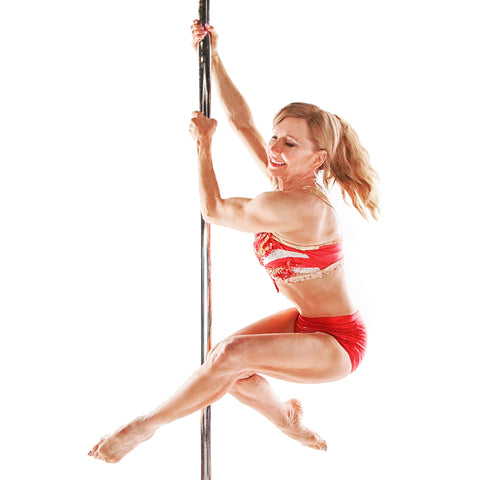
How is your typical day of training?
I train on the pole every other day. On the off-days, I stretch, condition and focus on creating captivating choreographies.
What are the common injuries or physical problems people encounter in your field?
I am grateful that I have had only a few injuries over the past 14 years. I have had several shoulder issues—probably the most common injury in my sport—and I also had a hand injury. My shoulder injuries were caused by overtraining and not engaging my deltoid muscles properly. That is why I don't train on the pole every day. I have learned to create a balanced program between strength and flexibility training and to listen to my body.
How did you overcome your injuries to continue your practice?
Losing flexibility due to the degeneration of my hips not only caused me pain but it compromised flexibility moves. Replacing my hips with a dual mobility system allowed my flexibility to return immediately after removing my provisions. While recovering, I continued to do strength moves on the pole to maintain my fitness level.
Has the ratio of practising versus injury prevention changed with time? How much time do you allocate to each one?
I merge injury prevention with practising. I have learned to spend more time stretching, warming up and conditioning.
What's the biggest challenge physically speaking for you while ageing?
My biggest challenge as I age has been maintaining strength. We lose a lot of muscle mass as we age, so I consistently train using strength moves along with stretching.
Which physical challenges did you have to work with over the years?
I had no particular physical challenges in my 20s, 30s or 40s. However, I did lose some flexibility and fast twitch muscle, which I have worked diligently to maintain. As I aged, it became harder to tumble and do gymnastics.
What is your diet like?
I have always had a diet with as many organic foods as possible. For the past several decades, I have been following a modified Paleo diet which includes as many organic vegetables and fruit as possible, free-range chicken and wild-caught fish. I avoid gluten as well as processed foods to keep inflammation down.
Why do you think you are an exception to the age rule in your given sport?
I have never stopped training since I was young. I have always maintained the same weight and valued wholesome foods. I have learned how important it is to surround yourself with inspiring people who help you find the magic that makes your soul soar.

What inspires you?
There is so much in life that inspires me. Family, friends, fans and ordinary people with extraordinary dreams have empowered my life beyond measure. Whenever I feel like I need a little motivation, I put on great music that uplifts my soul, or I take a walk in nature and connect with its splendour.
Any other specific tips you think are relevant to the success of your career length?
Being flexible is not just about your body; it is also a mindset. I believe that regardless of the challenges you go through in life, the key is to learn to be resilient. It helps you develop the muscles to turn negatives into positives and to develop a strength you didn't know you had.
What would you say to someone who wants to start practising a specific sport but thinks their age is a constraint?
If there is a sport that excites you, follow your heart and don't compare yourself to others. Your competition is in the mirror. Never give up and soon see doorways where you once saw walls. Your life is precious, don't let age or any limitation keep you from passionately pursuing your dreams.
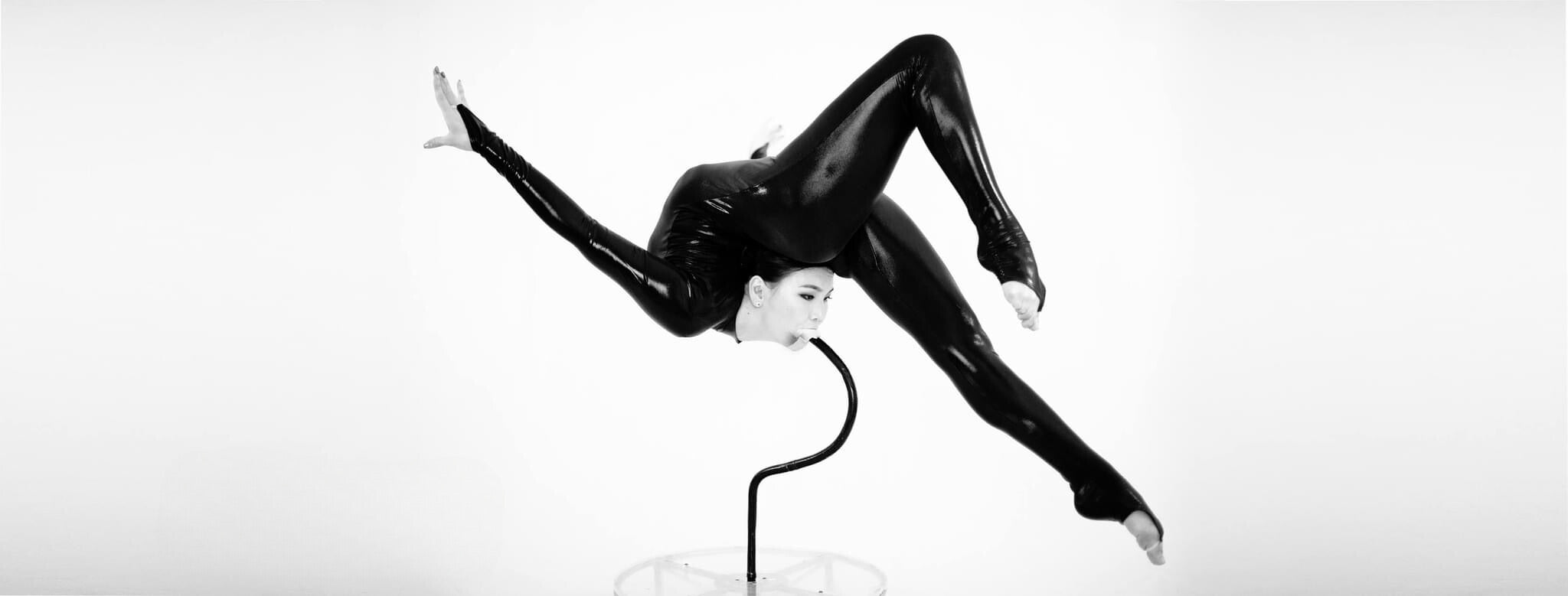
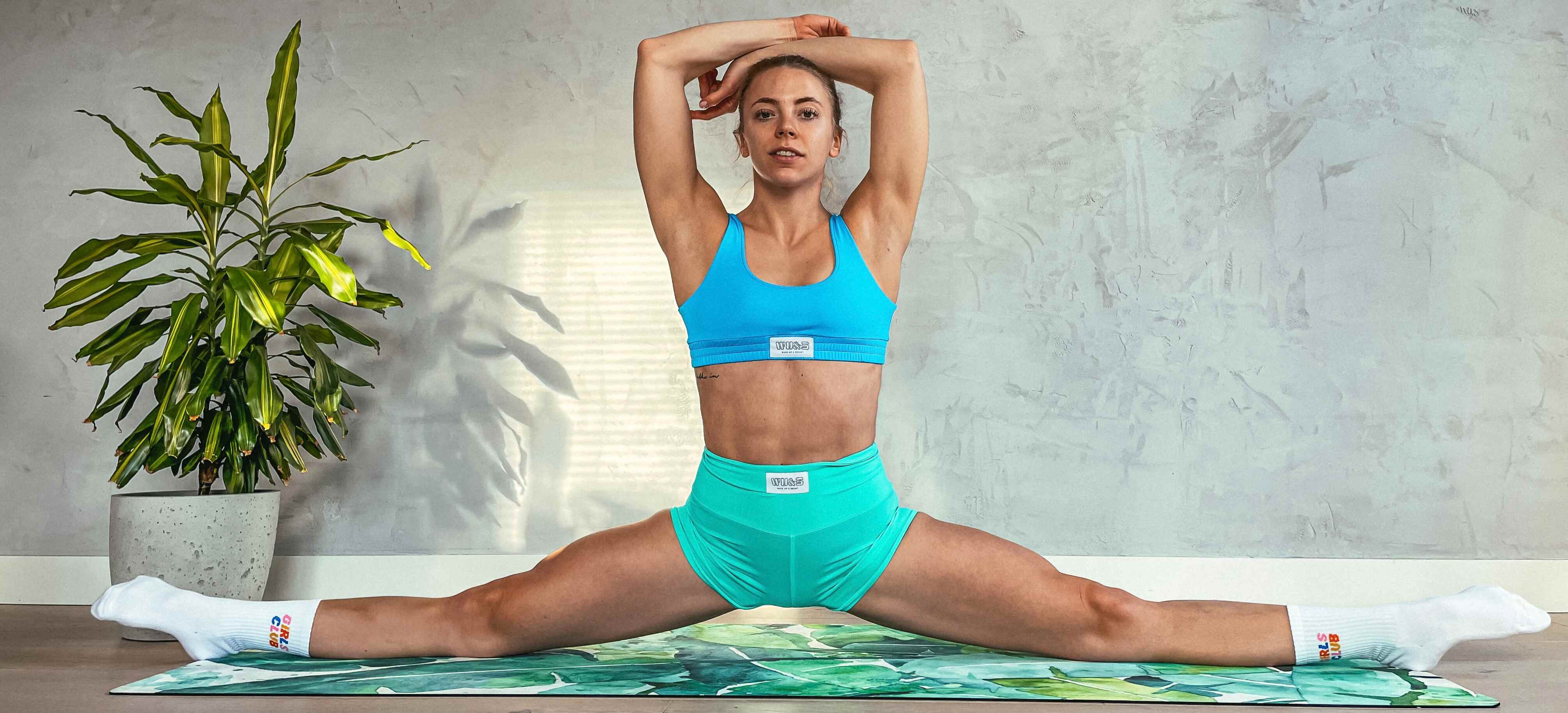
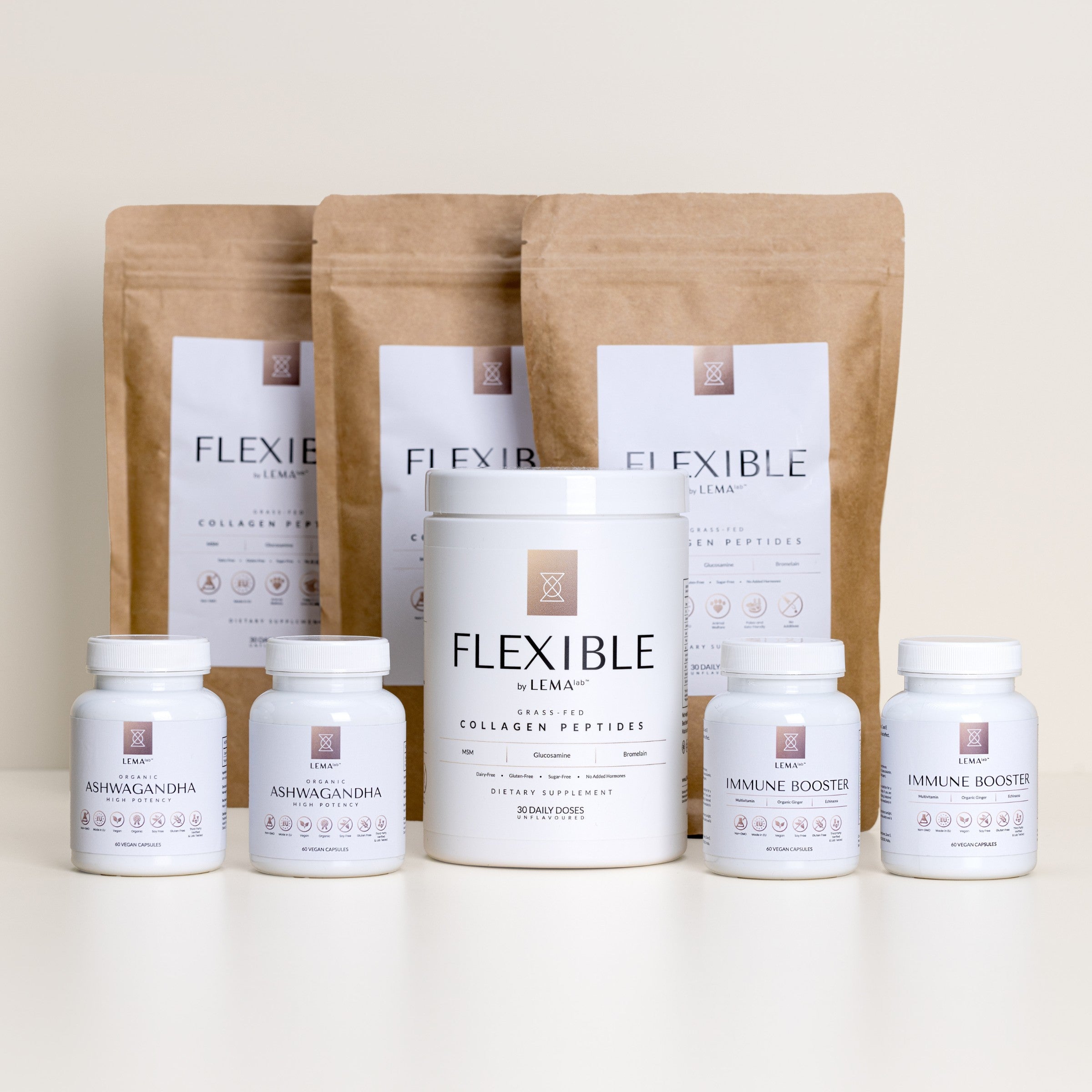
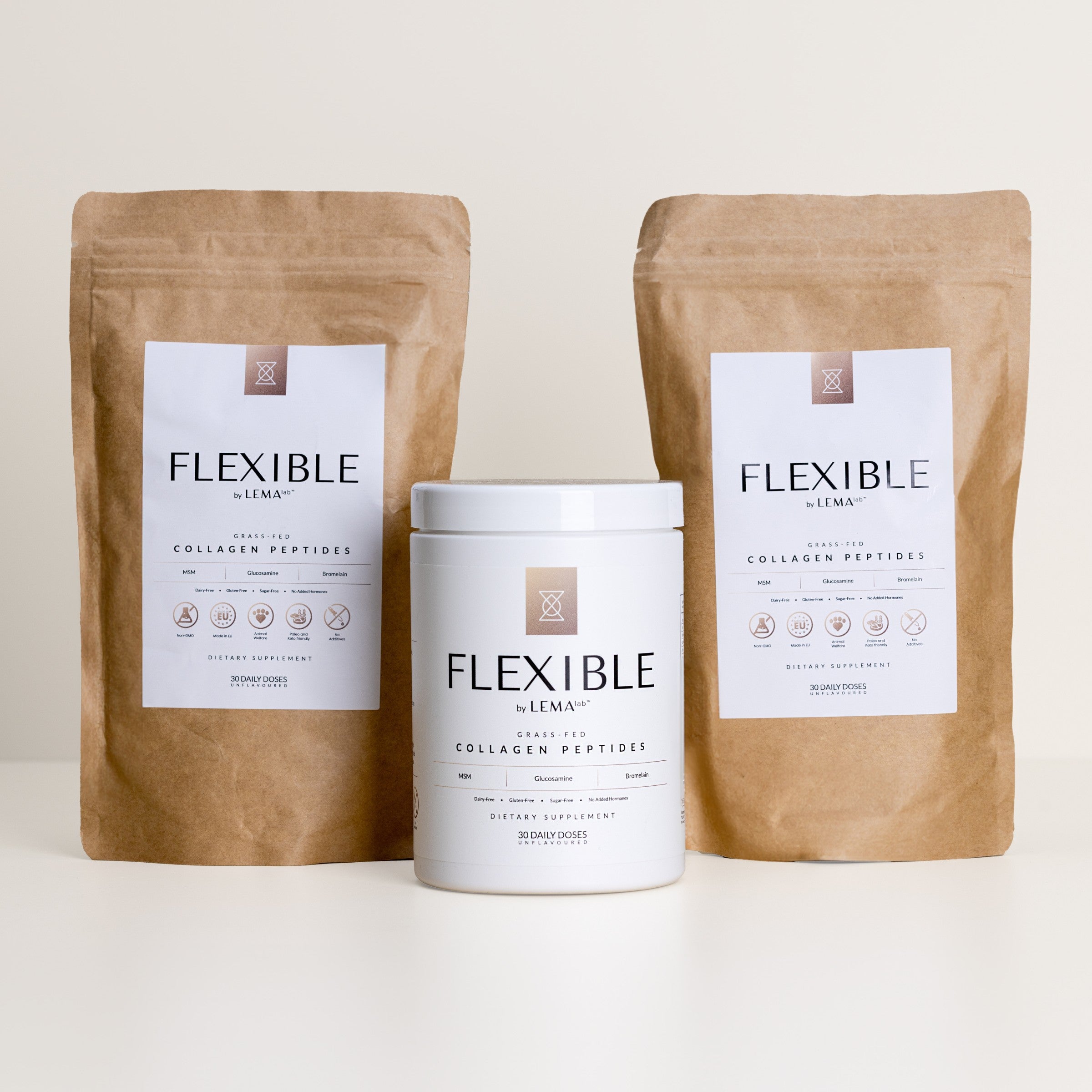
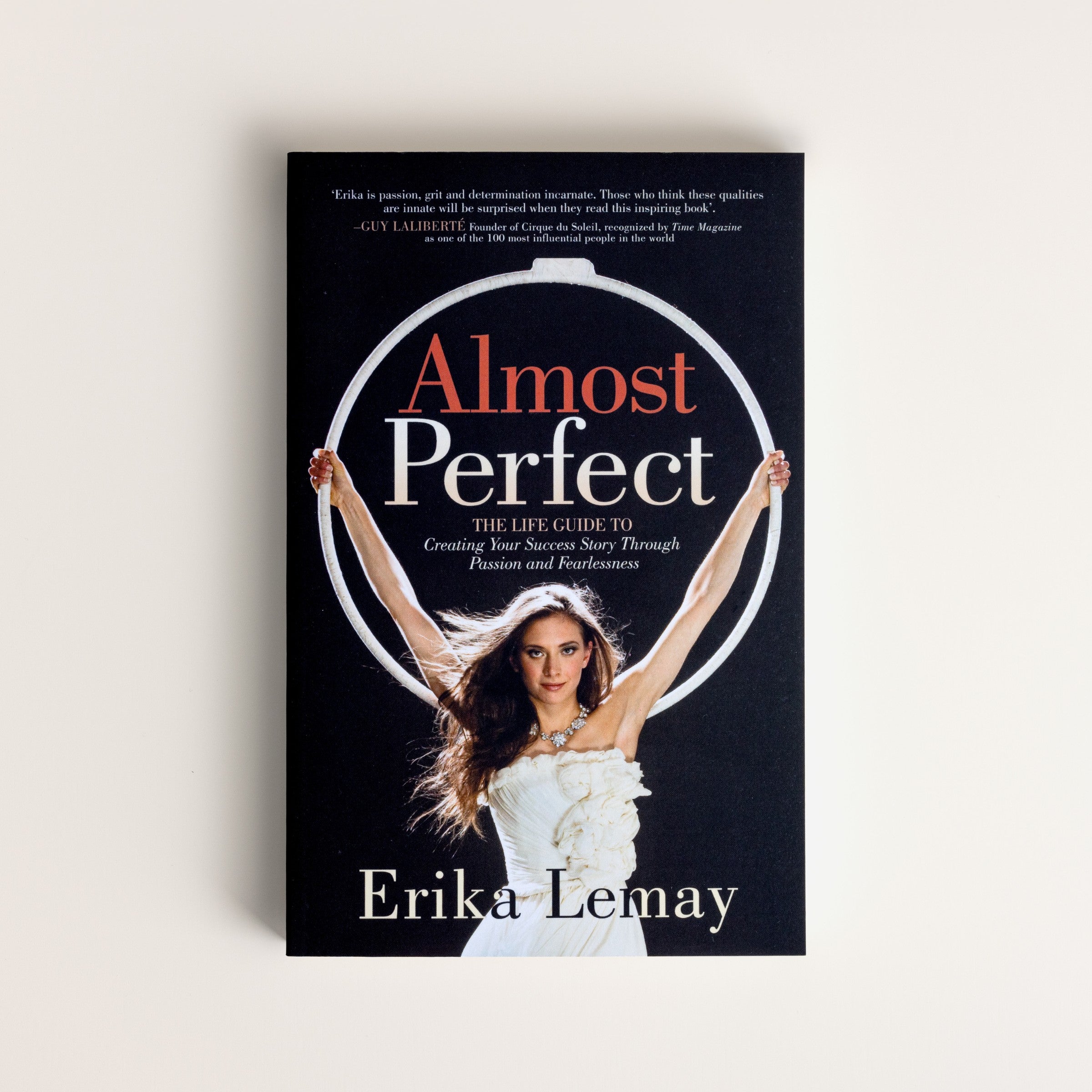
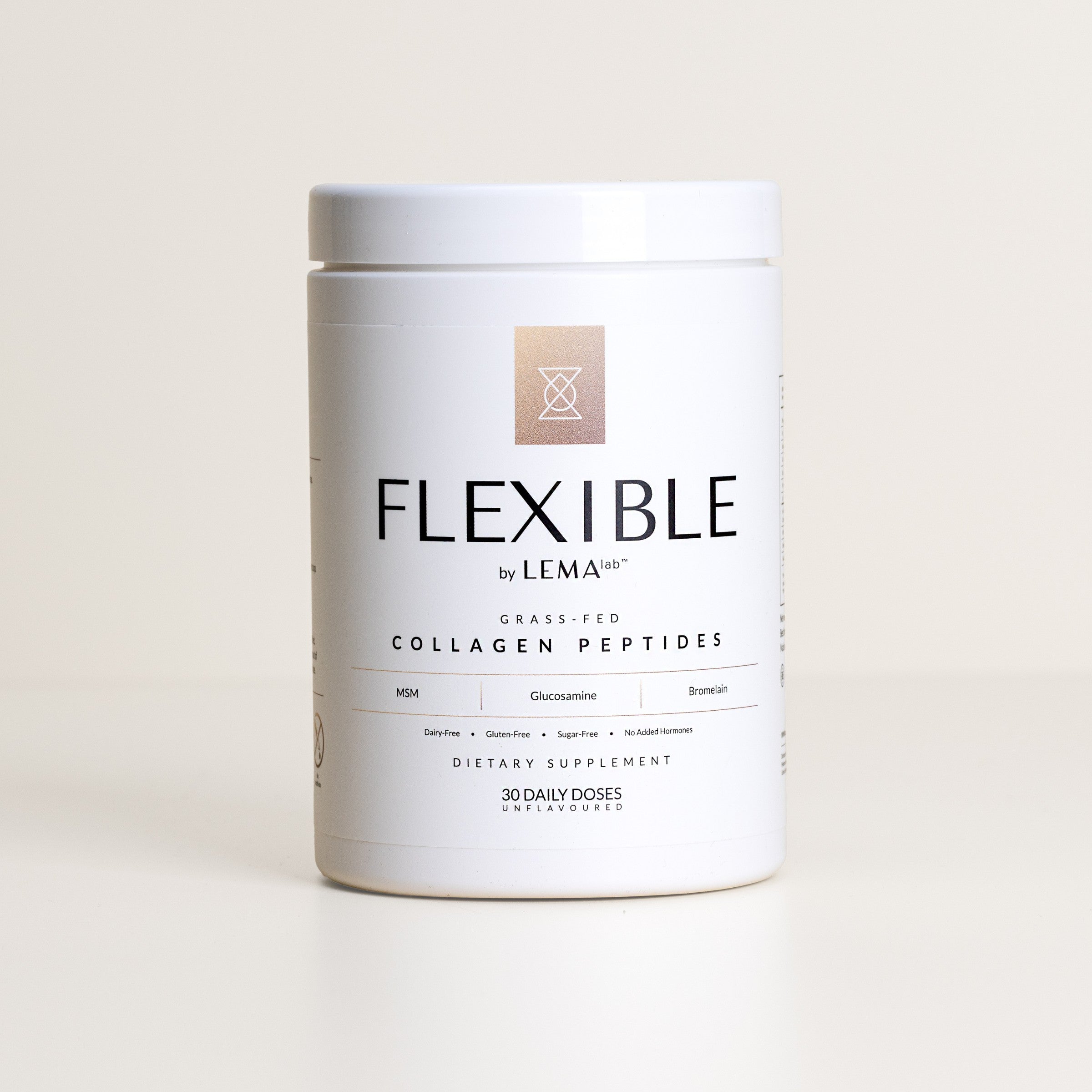

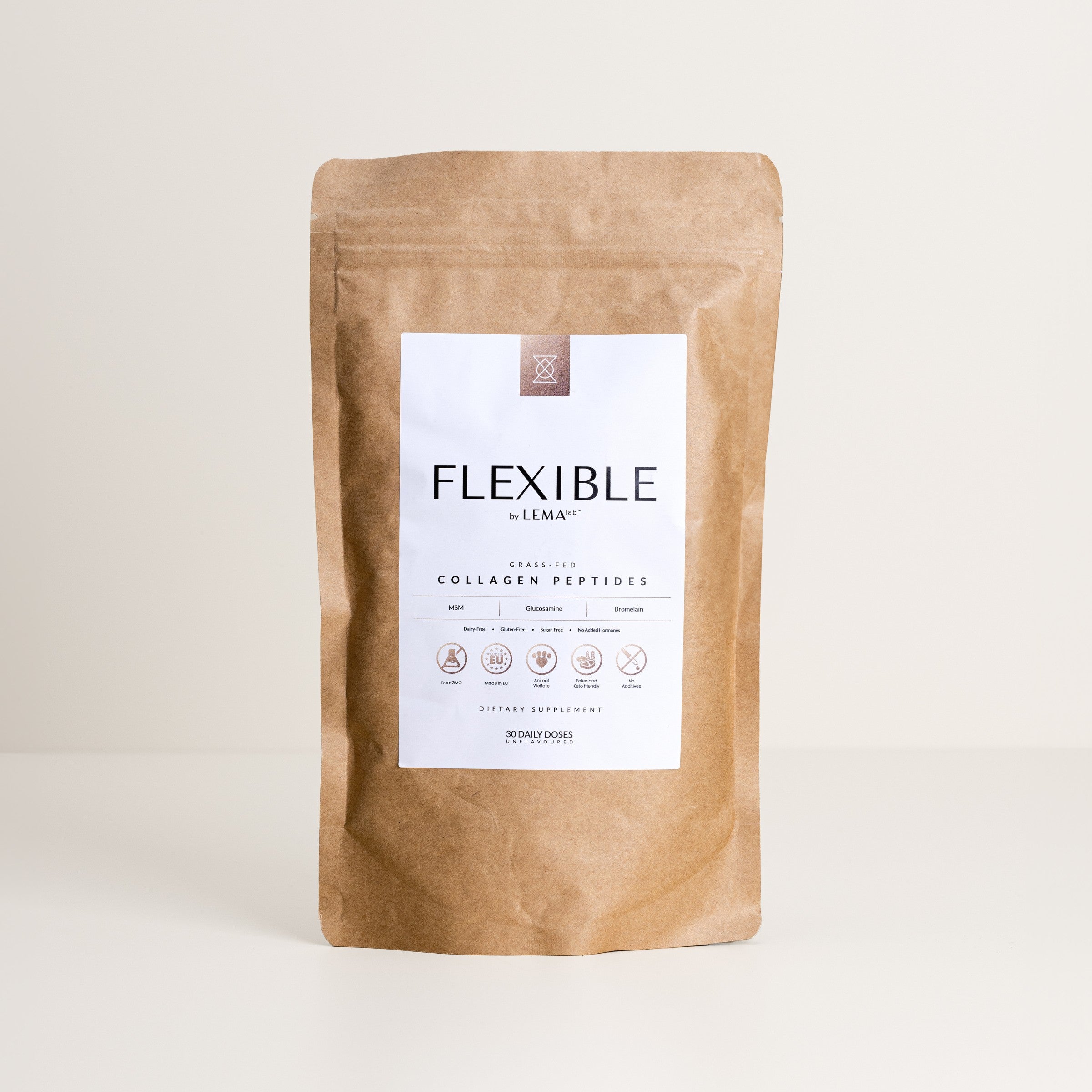

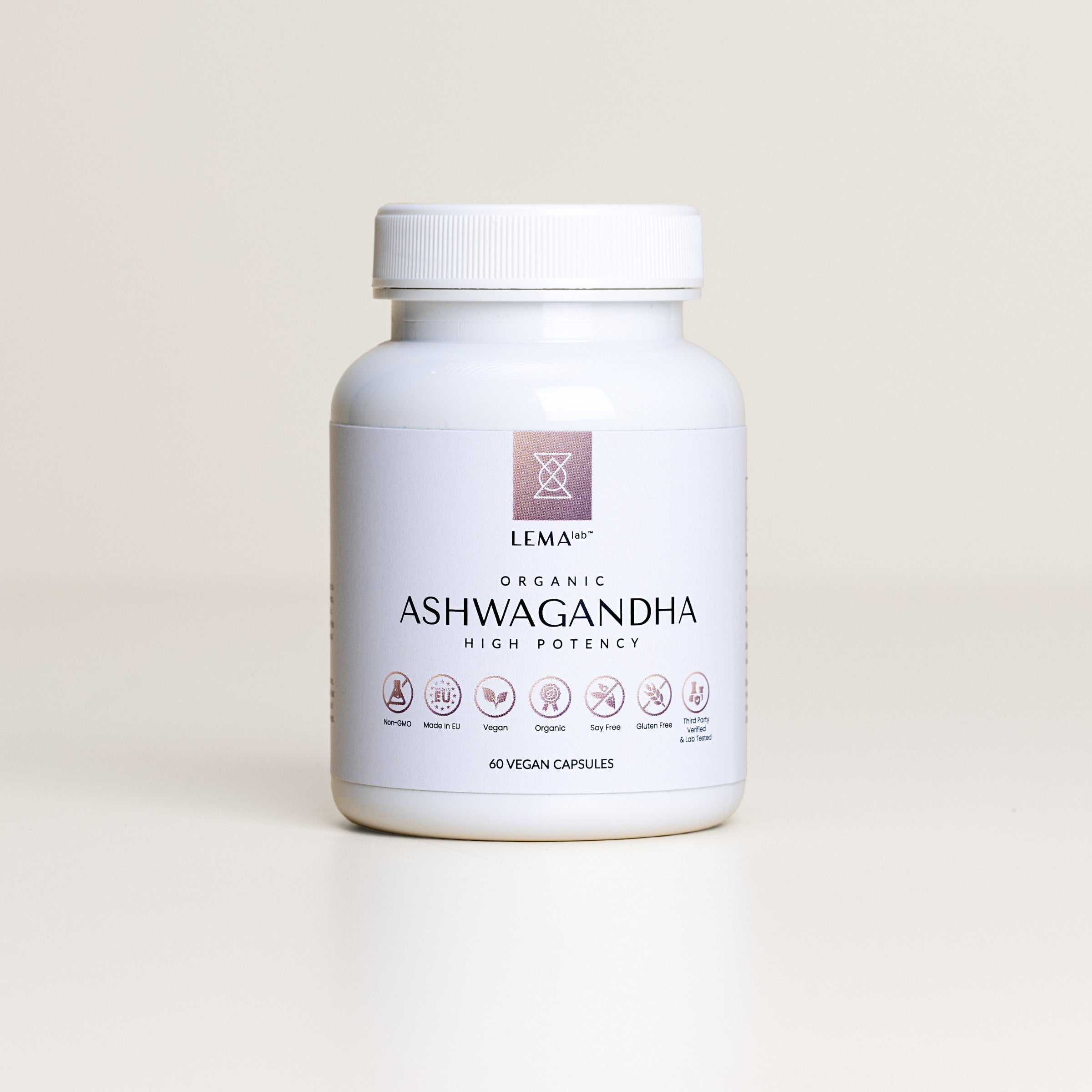

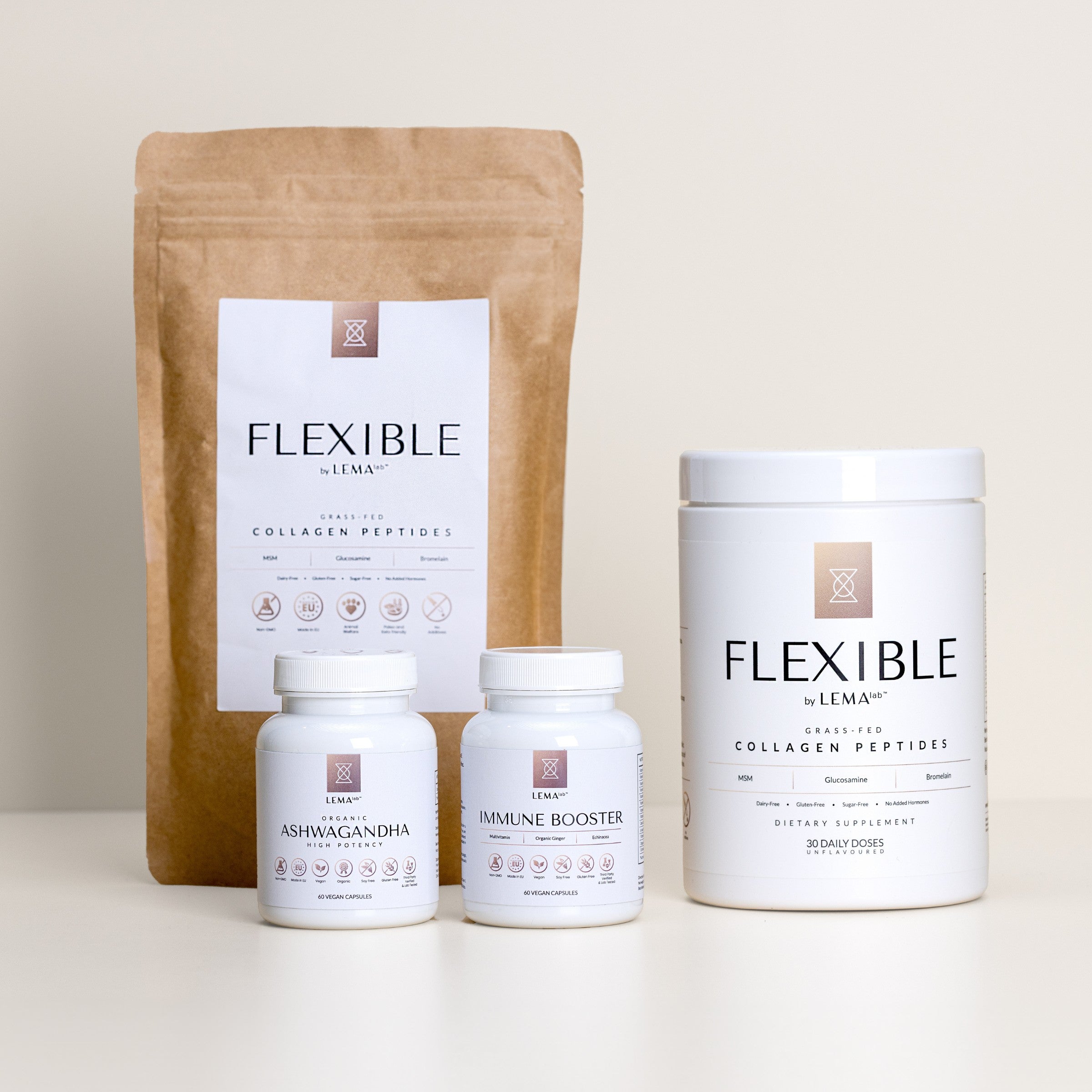
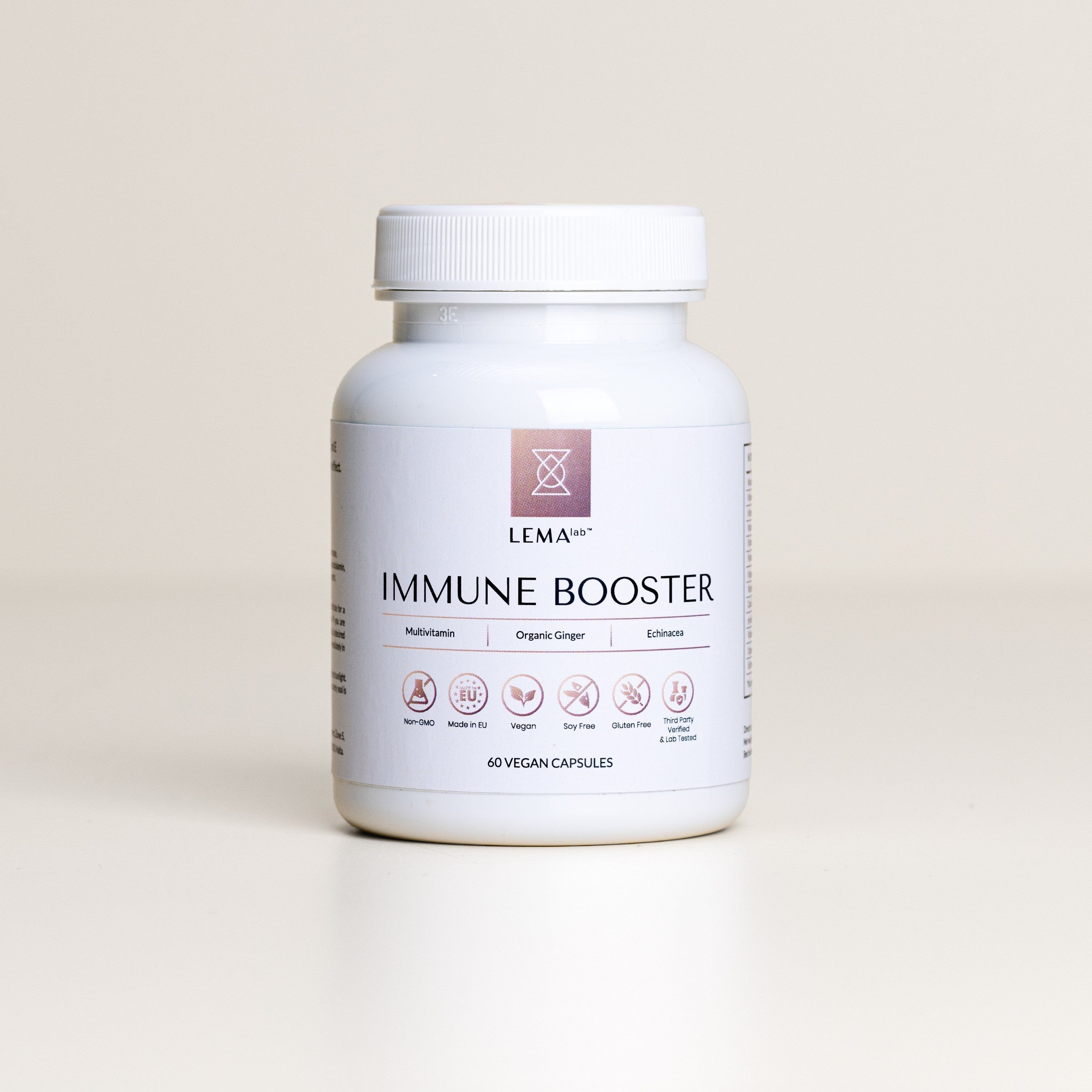

Leave a comment
This site is protected by hCaptcha and the hCaptcha Privacy Policy and Terms of Service apply.